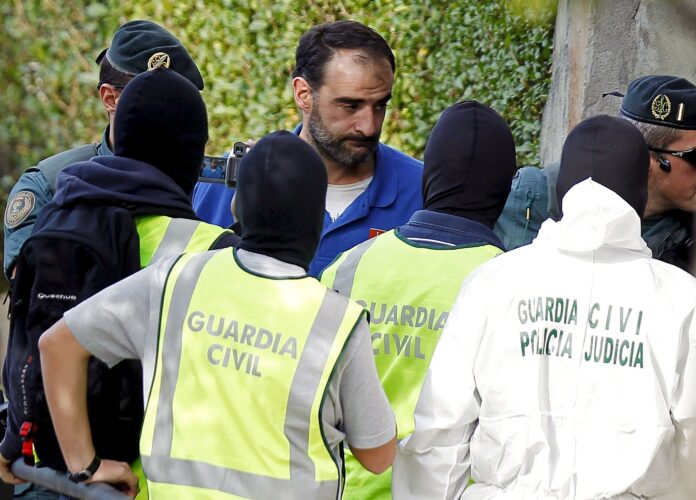The 17-year prison sentence imposed on Xabier Atristain for belonging to ETA and possession of explosives must be upheld. That is the thesis of the Supreme Court Prosecutor’s Office on the consequences of the Strasbourg ruling that considered the ETA member’s rights violated due to the obstacles to accessing a trusted lawyer.
After that sentence, Atristain filed an appeal for review with the Supreme Court, an exceptional way to modify sentences that, like his, are already final. His thesis is that the conviction of the National High Court should be annulled because it was based on a confession obtained through the violation of his rights. On the other hand, the report presented yesterday by the prosecutor José Javier Huete opposes the Supreme Court authorizing the presentation of that appeal and, therefore, studying the possibility of revoking the sentence.
The prosecutor’s argument is that the incriminating statements that the ETA member gave without having his trusted lawyer were not the only element that supported the sentence. Therefore, even questioning the validity of his confession in light of the Strasbourg sentence, the 17 years in prison must be upheld.
“The judgment of the National Court […] analyzes the statements made at the police headquarters in Madrid, before the Central Court of Instruction No. 2 and in plenary; the statements of the co-defendants; the witness statements of third parties and of officials of the Civil Guard; the results of the searches and the expert reports carried out,” the prosecutor lists.
All this, he concludes, “makes up a body of evidence that is not derived solely and exclusively from his own statements at the police headquarters, which [does not] allow us to maintain that the violation declared by the ECHR, due to its nature and seriousness, entails effects that persist and cannot be terminated in any other way than by reviewing your intended authorization.”
Beyond the specific case of the ETA member, the Prosecutor’s Office limits the consequences of the Atristain doctrine and which, according to the Abertzale left, should mean the release of dozens of ETA prisoners. The report of the Public Prosecutor’s Office indicates that the application of the Strasbourg criterion “must be done individually and case by case, and it is not possible to draw conclusions of a general nature applicable automatically to various assumptions.”
At the moment, the application of the doctrine has led to two acquittals in the National High Court. In the recent rulings on Gorka Palacios and Iglesias Chuzas, Gaddafi, the court downplayed the statement made by the detainee during the period of incommunicado detention, when he has a court-appointed lawyer and not one he trusts.
Doubts about the validity of what was declared under these conditions may continue to be reflected in the judgments in light of the Strasbourg doctrine. But the thesis of the Prosecutor’s Office, if it is finally accepted by the Supreme Court, will limit the consequences of the Atristain doctrine.
Conforms to The Trust Project criteria








